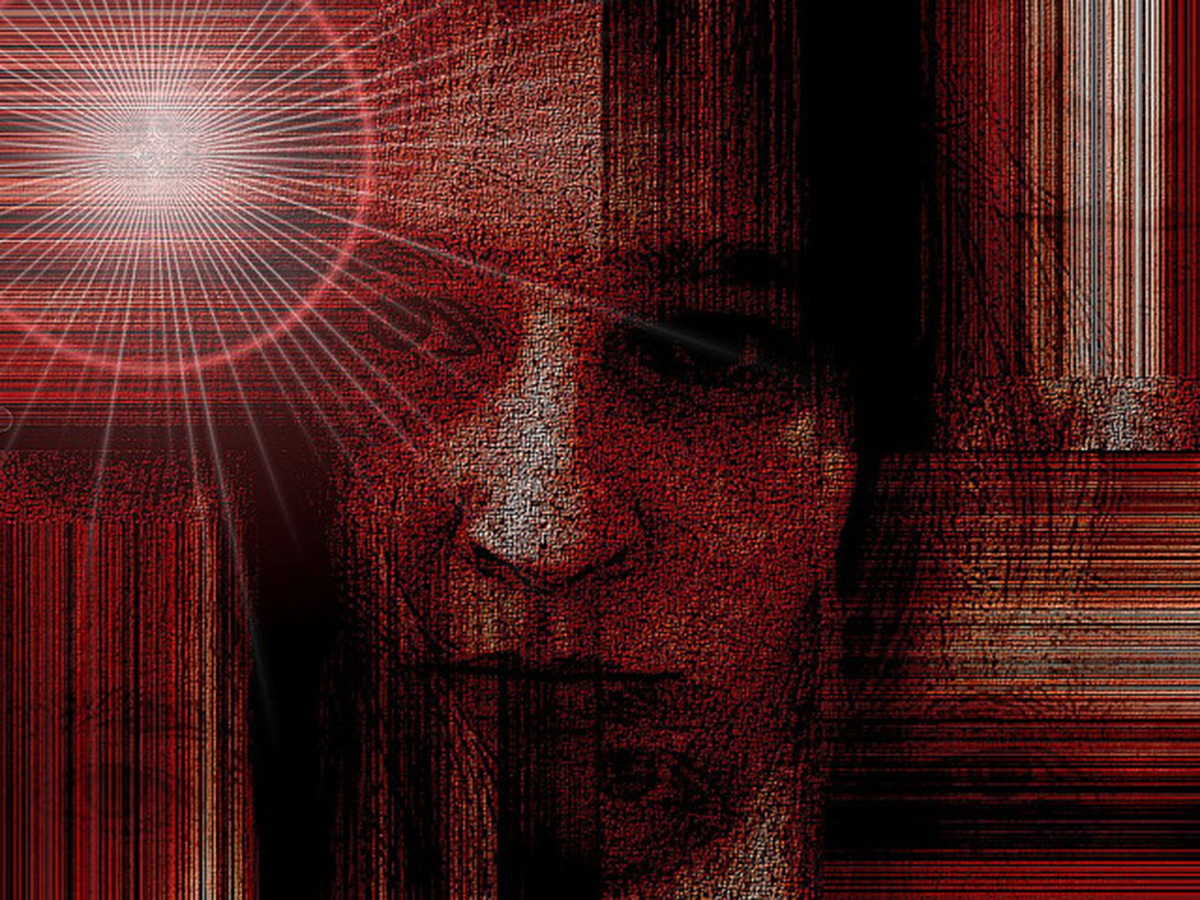Table of Contents
Polycystic Ovarian Syndrome (PCOS) is a condition that affects how your ovaries function. It is thought to affect up to seventeen million women living in the US alone, and is one of the most common causes of infertility. PCOS affects you in three ways: by causing cysts (fluid-filled sacs) to grow on your ovaries, by preventing ovulation, and by causing high levels of male hormones (androgens) to be released into your body. The cysts are benign (harmless), but can be up to 8 mm each. Considering that a normal ovary is three to five centimeters in a woman of childbearing age, these cysts can vastly increase the size of the ovary.
Symptoms of Polycystic Ovarian Syndrome usually become apparent during your teens or early twenties, and there are many signs that could suggest this diagnosis. Common symptoms include: irregular menstruation, or amenorrhea (absent menstruation); hirsutism (hair-growth on the face, back, chest or buttocks); infertility (due to changes to, or absent, ovulation); weight gain; thinning hair on the head, occasionally leading to alopecia (hair loss); and acne due to oily skin.

That is the effect that PCOS can have on your mental health.
Depression, Anxiety And Polycystic Ovarian Syndrome
If you are suffering with Polycystic Ovarian Syndrome, you are more likely to experience anxiety and depression than women without Polycystic Ovarian Syndrome. Even hostility and agression can be a part of the psychologial effects of PCOS. Polycystic Ovarian Syndrome can even make a woman seven times more likely to commit suicide.
Clearly, there is something about PCOS that causes mental health issues.
Depression In Brief
Depression is an often misrepresented condition. People think depression means that you feel a bit down, a bit fed-up. But there's far more to depression than that. Clinical depression can take over your life. If you suffer from depression, you may lack interest in doing things — even activities that previously gave you pleasure. You may lose concentration at work. You may start eating more, or needing to sleep more or less.
READ Depression & Anxiety Solutions: Zoloft, Lexapro or Prozac
Anxiety In Brief
Anxiety is another misunderstood condition. When people think about anxiety, they think of eccentric characters in a Woody Allen film. However, an anxiety disorder can paralyze your whole existence. Not only do you feel a pervading sense of dread, restlessness and irritability as you're constantly on edge, you can also suffer drom physical symptoms including dizziness, headaches, nausea, palpitations (a strong, fast and irregular heartbeat), insomnia, and stomach aches.
But are depression and anxiety really that common in women with PCOS, and what can you do if you suffer from it?
- http://www.currentpsychiatry.com/home/article/when-not-to-treat-depression-in-pcos-with-antidepressants/b059f6559feadd86fc33826ea97699e7.html http://emedicine.medscape.com/article/1949171-overview http://humrep.oxfordjournals.org/content/26/9/2442.long http://www.medscape.com/viewarticle/735833_2 http://www.ncbi.nlm.nih.gov/pubmed/19454378 http://www.nhs.uk/Conditions/Anxiety/Pages/Symptoms.aspx http://www.nhs.uk/conditions/depression/Pages/Introduction.aspx http://www.nhs.uk/Conditions/hirsutism/Pages/treatment.aspx http://www.nhs.uk/conditions/Polycystic-ovarian-syndrome/Pages/Introduction.aspx http://www.sciencedaily.com/releases/2014/03/140324111308.htm
- Photo courtesy of spiritual_marketplace: www.flickr.com/photos/spiritual_marketplace/2294615400/
- Photo courtesy of artdecodude: www.flickr.com/photos/artdecodude/5860752454/
- Photo courtesy of
- Photo courtesy of Eddi van W. by Flickr: www.flickr.com/photos/spiritual_marketplace/2294615400/


Your thoughts on this